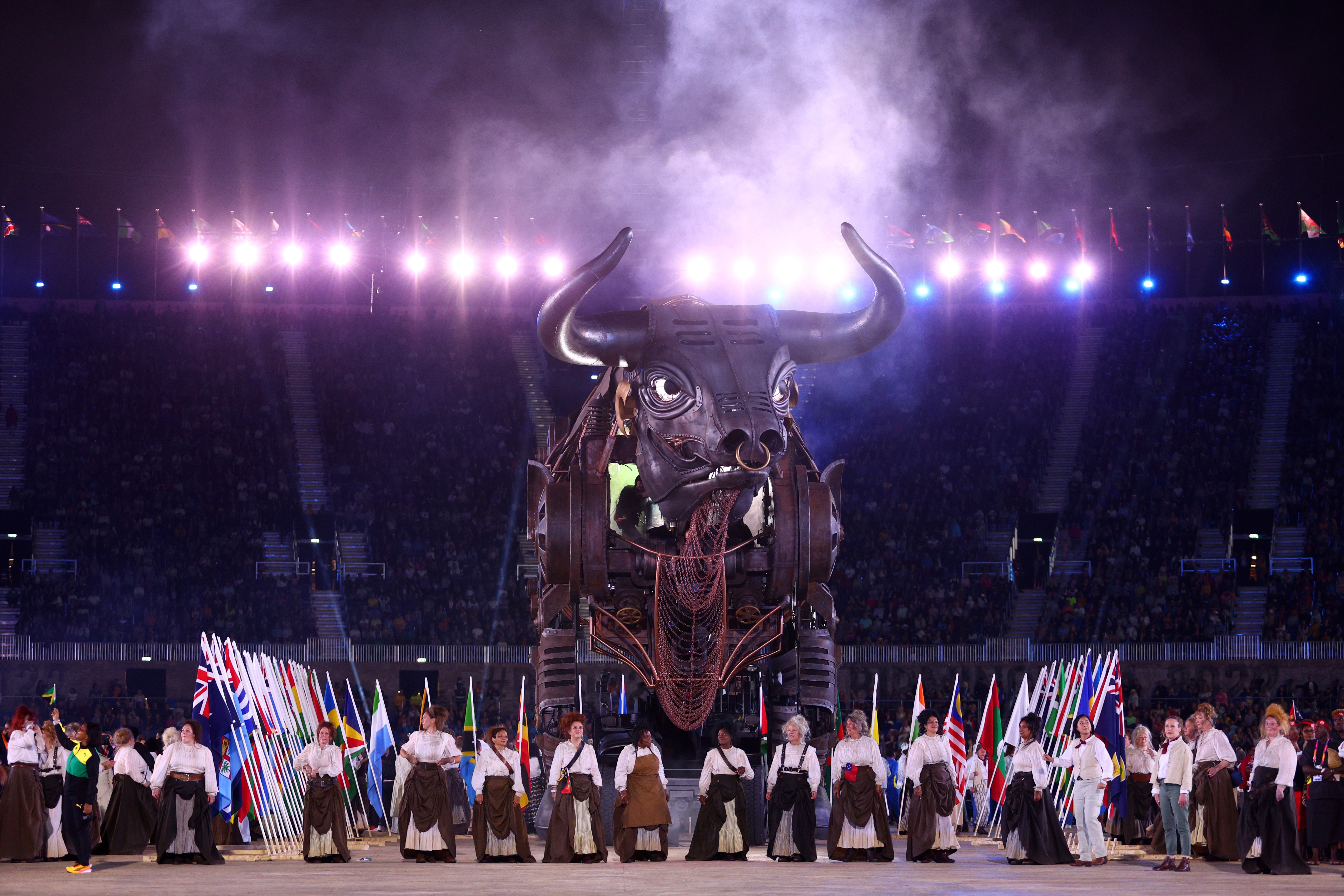Discussions surrounding Lent often fall into two extremes. Many Christians assume that if a practice is ancient, widespread, and symbolically Christian, it must therefore be biblical. Others respond with sharp accusations, equating Lent with ancient pagan rituals and claiming participants are unknowingly “weeping for Tammuz.” Both approaches tend to shut down thoughtful examination rather than encourage it. A more careful approach distinguishes sincere modern devotion…
Story Category: Miscellaneous Topics
Is Lent in the Bible? – Isaac Khalil lifehopeandtruth.com
Lent is a 40-day period observed by some Christian denominations before Easter, involving fasting, prayer, and acts of repentance. While commonly associated with Catholicism, it is also practiced in various forms by Orthodox, Anglican, Lutheran, Methodist, and some Presbyterian churches. Despite its widespread observance, Lent is not mentioned anywhere in the Bible. Historically, early Christians did not observe a 40-day fast. Prior to the fourth…
Will the Dead Live Again? – Richard F. Ames thebiblesaysthat.com
Are you worried about loved ones who died without knowing Christ? Are they lost forever in torment? The truth is far more hopeful—and far less understood – than most imagine. Many believe in an ever-burning hell because of tradition, not Scripture. Dante’s Inferno, not the Bible, shaped much of today’s imagery of hell. But your Bible says, “The wages of sin is death” (Romans 6:23)…
Acts 20:7 — Was the Early Church Meeting on Sunday? truthsum.org
Many Christians point to Acts 20:7 as evidence that the early church held Sunday worship services. But a closer look at the passage — and how the first century understood time — tells a different story. In Scripture, a new day begins at sunset, not midnight. This means the “first day of the week” began on Saturday evening using modern vernacular, right after the Sabbath…
Are Christians Once Saved, Always Saved? ucg.org
Some believe that once a person accepts Jesus Christ as Savior, their salvation is forever assured—often called “eternal security” or “once saved, always saved.” But does the Bible actually teach this? A common proof text is John 10:27-29, where Jesus says His sheep hear His voice and no one can snatch them from His or the Father’s hand. However, this speaks of external threats, not…
What Is Hell? – Steve Myers, Tom Robinson ucg.org
What happens to bad people when they die? Or to those who aren’t Christians? Do they suffer forever in a fiery hell? Many assume so, but does eternal torment fit a loving God? Would He punish someone forever for a brief lifetime of mistakes? That concept portrays God as cruel, contradicting His nature of love (1 John 4:8). Surprisingly, the Bible doesn’t teach an ever-burning…
Valentine’s Day and Real Love cgg.org
God’s people reject Valentine’s Day due to its pagan origins and lack of biblical support. Who Was Saint Valentine? Two Saint Valentines lived in the third century AD: a Roman priest and the Bishop of Terni. Both were martyred on February 14 and buried along the Via Flaminia. No historical evidence links them to romance; later legends claim Valentine secretly married couples, but these arose…
Jesus Birth youtu.be
Each December, millions celebrate the birth of Jesus on December 25th. But was He really born on that date? The Bible points to a very different time of year. If we look back to the story of John the Baptist’s father, Zacharias, we see that he was a priest serving in the temple during the course of Abijah, the eighth priestly division. According to 1…
Is Thanksgiving Rooted in a Biblical Festival? – Mario Seiglie ucg.org
Did you know the first Thanksgiving in the U.S. shares striking similarities with the biblical Feast of Tabernacles? While the Pilgrims didn’t intentionally observe this biblical festival, both celebrations share a spirit of gratitude to God for His blessings. Both take place in autumn and center on thanking God for a fruitful harvest. The Pilgrims, deeply rooted in biblical teachings, were profoundly influenced by the…
Lucifer youtube.com
Before he was Satan, meaning “adversary,” Lucifer was a high-ranking angel, known as the “shining one.” As an anointed cherub, he served near God’s throne, perfect in wisdom and beauty (Ezekiel 28). But pride corrupted him. He sought to exalt himself above God, leading a rebellion and convincing a third of the angels to join him (Isaiah 14). Cast down from heaven (Revelation 12), he…
The Trinity: What Is It? – Larry Neff lifehopeandtruth.com
The doctrine of the Trinity, a core belief of the Roman Catholic Church and most Protestant denominations, is considered essential to the Christian faith by many. However, its origins and scriptural support raise important questions. The Trinity is not found in the Bible but was a concept developed over centuries. Around A.D. 180, Theophilus of Antioch first mentioned the term, though his description of “God,…
5 Major Differences Between Passover and Easter – Isaac Khalil lifehopeandtruth.com
The distinction between Passover and Easter goes beyond the surface understanding that Passover is Jewish and Easter is Christian. Let’s explore five significant differences between these two observances: Difference 1: Passover’s biblical origin vs. Easter’s absence in Scripture. Passover originates from Exodus 12, commemorating the Israelites’ deliverance from Egypt through the blood of the lamb. In contrast, Easter lacks biblical grounding, with no legitimate references…
Doesn’t "Lazarus and the Rich Man" prove that sinners will be tormented forever & ever? thebiblesaysthat.com
Many believe the parable of Lazarus and the rich man illustrates heaven and hell. However, it actually emphasizes the promise given to Abraham’s descendants. Abraham, though not having received the promise yet, will inherit it at the resurrection of the just. Lazarus represents Christians who share in this promise through faith. The rich man, depicted as emerging from Hades, faces the future destruction of the…
Is St. Patrick’s Day a Pagan Holiday? – Monica Ebersole and Erik Jones lifehopeandtruth.com
On March 17, millions will celebrate St. Patrick’s Day with parades, green attire, shamrocks, and festivities. Originating in Ireland, it’s now popular worldwide, particularly in the U.S. Yet, beneath the fun lies syncretism—merging pagan rituals with Christianity. St. Patrick, though venerated as a Catholic saint, used syncretism to blend native Irish customs into his teachings. These included symbolic nods to sun worship and Celtic superstitions….
Who Is The Devil? – Richard F. Ames thebiblesaysthat.com
Recognizing and overcoming the power of evil around you is crucial in a world fascinated by the occult. Millions, especially the youth, are drawn to occult-themed entertainment like the Twilight novels and movies. However, understanding who and what the devil is becomes essential for navigating his malevolent influence. The Bible identifies the devil as “the great dragon” and “that serpent of old,” emphasizing his role…
Have the Ancient Gods Returned? – Darris McNeely ucg.org
Recent events, such as pagan occultism on display at major ceremonies and the alarming societal changes highlighted by social observers like Naomi Wolf, reflect the absence of God. Notably, events like the Grammy Awards and the Commonwealth Games opening ceremony showcase overt displays of satanic imagery, signaling a disturbing trend. Jonathan Cahn’s book, “The Return of the Gods,” suggests that ancient deities like Baal and…
Seven Things Satan Wants for Your Life ucg.org
In the Bible, God outlines various desires for humanity, including repentance, obedience, love for Him and neighbors, trust, and commitment. Conversely, Satan aims to destroy mankind by leading individuals away from God. Recognizing Satan’s tactics is crucial, as he exploits our weaknesses, often targeting the mind. Seven common harmful mindsets and habits influenced by Satan include doubting God’s existence, living in fear, prioritizing the temporary…
What Really Happens to the Wicked? truthsum.org
Many believe the wicked go to hell – a place of unending torment where fire burns forever. But does the Bible actually teach that? Scripture says God is love (1 John 4:8). Would a loving God torture people for eternity over a short lifetime of sin? Jesus said those who believe “should not perish but have everlasting life” (John 3:16). Perish means to die –…
Dante Alighieri and The Divine Comedy – Daniel Tompsett, Donald Winchester vision.org
Dante’s Divine Comedy has significantly shaped the Christian belief in the immortal soul. This epic poem, authored by Dante Alighieri in the 14th century, remains a pinnacle of Western literature, blending theology, history, and allegory. The poem’s setting is Easter in 1300, though it was written over the next two decades. Dante’s exile and his disputes with the Church, particularly Pope Boniface VIII, lent the…
Dropping The Ball On New Year Celebrations – Gayle Hoefker ucg.org
For much of the world January 1st is the accepted and celebrated start of a new year. At the stroke of midnight, a new day and new year is brought in with cheers, singing, drinking and fireworks. What could be the harm? Through its pagan roots, its traditions closely tie it to that of Christmas. The problem with these celebrations is that they act as counterfeits…




















